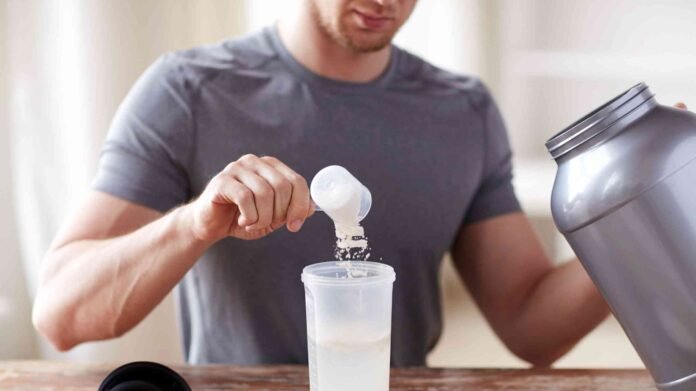The consumption of protein drinks can be very enticing. Whether you are looking for an energy boost, looking to shed those extra kilos or reduce ageing, supplement makers are advertising their protein drinks in such a way that can be very misleading.
These products are sold as ready-to-drink liquids and powders, that are mixed with water, milk or juice to make shakes and attract not only body-builders, but also fitness freaks, pregnant women, and teenagers looking for a shortcut to a glam body.
Some ads even portray these supplements as highly nutritious, and a replacement for meals. However, studies reveal that these protein supplements can pose many health risks and exposure to potentially harmful heavy metals.
What are Protein supplements?
Protein supplements are proteins extracted from plants such as soybeans, rice, potato or hemp and from eggs and milk. They contain artificial flavouring, added sugars, vitamins and minerals and thickeners too.
Risks associated with Protein supplements
The FDA doesn’t take responsibility of what the protein supplements may contain. So, there is no way of ensuring that these supplements are safe to consume and do not contain any harmful ingredient.
Milk-based protein powder can cause discomfort in people suffering from lactose intolerance or Dairy allergies.
Some protein powders have huge amounts of added sugars that can turn a glass of milk into an overdose of sugar with as much as 1200 calories. This may result in sugar spike and unwanted weight gain.
Many protein powders contain heavy metals like lead, arsenic, cadmium and mercury that are toxic for your body and can lead to various health issues.
Limited data is available on the effect of consuming protein supplements for long duration, so its long-term effects cannot be predicted.
Summing up
It is therefore recommended to consult a health-care specialist before consuming protein supplements. Another alternative that is absolutely safe and effective is to eat protein-rich foods such as yoghurt, milk, cheese, beans, lentils, fish, poultry, lean meat and eggs. Incorporating these foods in your meals regularly will ensure that you don’t need any supplements to get that buff body.



